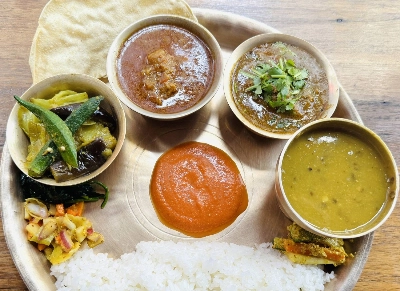Meta
Tomoko Hori
Sep 9, 2011
Sep 9, 2011
Sep 2, 2011
Sep 2, 2011
Sep 2, 2011
Aug 26, 2011
Aug 26, 2011
Aug 19, 2011
Aug 19, 2011
Aug 12, 2011
Aug 12, 2011
Aug 12, 2011
Aug 5, 2011
Jul 22, 2011


































